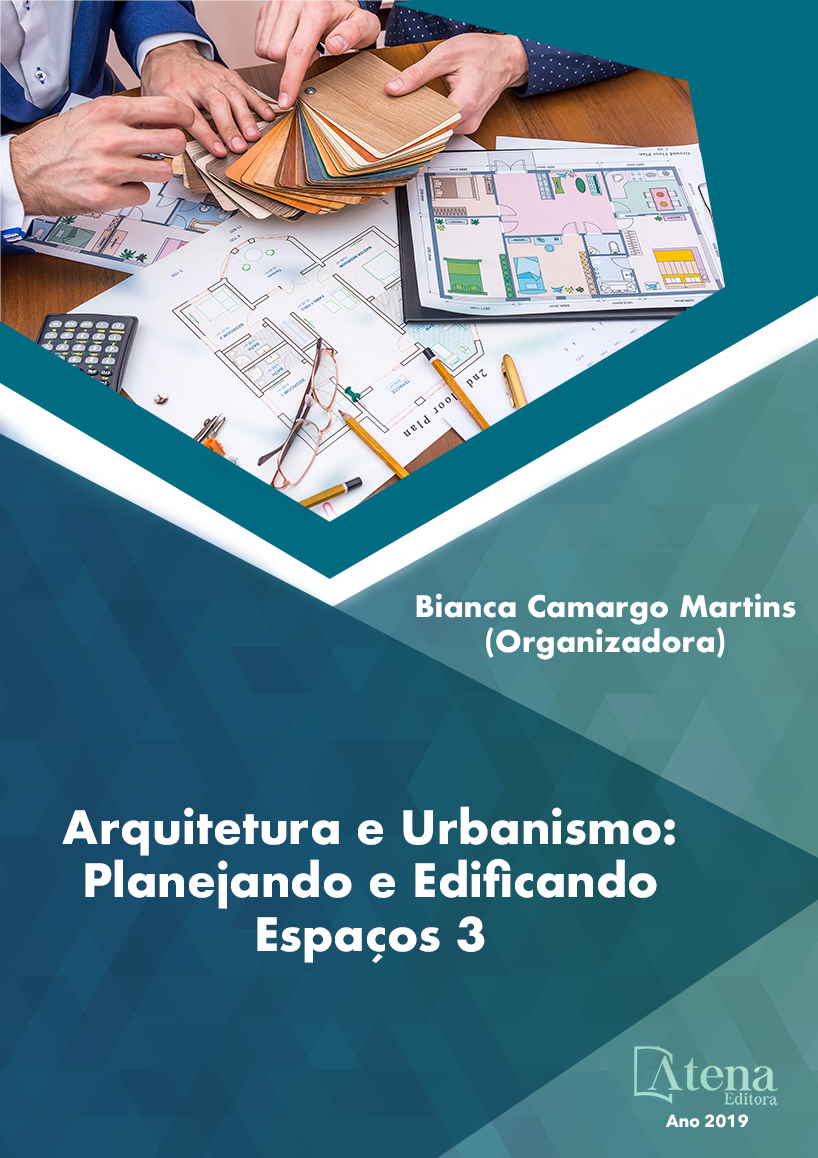
Teatro Variedades em Rio Claro - SP: reconstituição da memória arquitetônica
A presente pesquisa consiste em
recuperar a memória arquitetônica do antigo
Teatro Variedades de Rio Claro-SP. De grande
importância para a sociedade rioclarense, o
teatro Variedades esteve juntamente com o
Teatro Phenix no centro da produção cultural da
cidade, sendo palco para grandes companhias
teatrais nacionais, internacionais e, também
para a exibição de filmes. Na medida em que
o cinema se consolidou como entretenimento,
a atividade teatral perdeu um considerável
público, sendo que este foi interessante
economicamente até meados dos anos 1940.
Esses espaços posteriormente foram tomados
pelas apresentações cinematográficas. A partir
dos anos 1960, houve um progressivo declínio
de público devido ao acesso à televisão.
Mediante isto, estes imóveis se tornaram
obsoletos e os que não foram demolidos,
passaram por severa modificação para
ganharem novo uso, perdendo assim grande
patrimônio edificado. Para alcançar o principal
objetivo deste trabalho, realizou-se uma
pesquisa histórica sobre o edifício, buscando
conhecer sua produção e programação cultural.
A partir da análise da edificação remanescente,
foram observadas as perdas arquitetônicas e
históricas. Por meio de reconstituição digital foi
realizada a reconstituição tridimensional com o
objetivo de recuperar a imagem e a memória do
bem cultural, já descaracterizado.
Teatro Variedades em Rio Claro - SP: reconstituição da memória arquitetônica
-
DOI: 10.22533/at.ed.4651919122
-
Palavras-chave: Patrimônio histórico; Teatros; Reconstituição; Memória.
-
Keywords: Historical Heritage; Theatres; Reconstitution; Memory
-
Abstract:
The present research consists
in recovering the architectural memory of
the old Variedades Theater in Rio Claro-SP.
Very important to the rioclarence society,
the Variedades Theater was together with
the Phenix Theater, in the center of the city's
cultural production, being the stage for major
national and international theater companies,
and also for the screening of films. As cinema
became established as entertainment, theatrical
activity lost a considerable audience, which was
economically interesting until the mid-1940s.
These spaces were later taken over by movies
presentations. From the 1960s, there was a
progressive decline in attendance due to access to television. Thus, these properties
became obsolete and those that were not demolished, underwent severe modification
to gain new use, thus losing large built heritage. In order to achieve the main objective
of this work, a historical research on the building was carried out, seeking to know
its production and cultural programming. From the analysis of the remaining building,
the architectural and historical losses were observed. Through digital reconstitution,
a three-dimensional reconstitution was performed with the objective of recovering the
image and memory of the cultural asset, already uncharacterized.
-
Número de páginas: 15
- Marcelo Cachioni
- Ícaro Fassoli
- Icaro Fassoli


